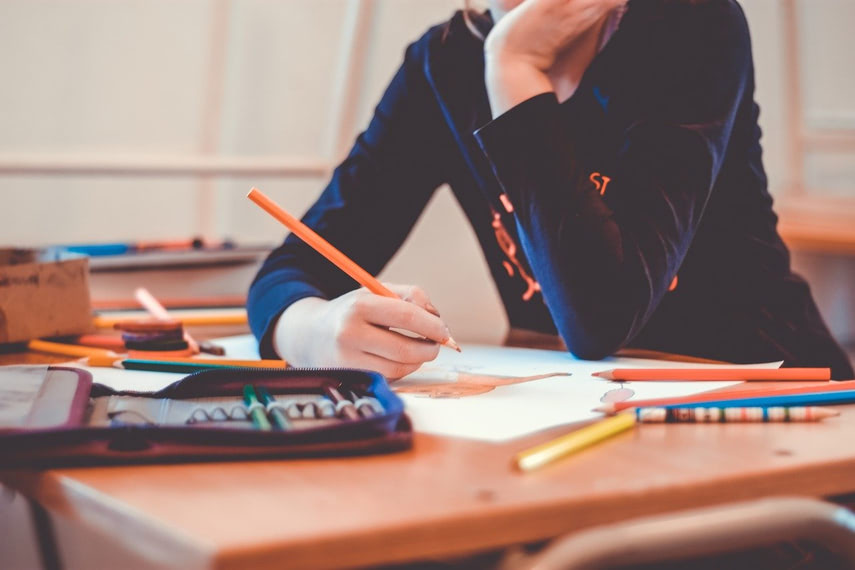Juggling homework, assignments and exams with hobbies, part-time jobs and maintaining an active social life, can often lead to students becoming burnout.
With millions of children, teens and young adults returning to school and university this month,
Tide (@TideBusiness) has partnered with Psychologist Lee Chambers to offer their top tips on how to prevent back to school burnout.
Burnout can manifest itself in a variety of mental and physical ways, such as increased stress, tiredness, reduced performance and a decrease in mental and physical wellbeing, all of which can have a vastly negative impact on the lives of students.
So how can students prevent burnout as assignments pile up and exams approach?
Studying our own thoughts and behaviours: “Looking at our thoughts, feelings, and behaviours is the first step, as awareness allows us to break free from being on autopilot and just going through the motions in life. To ensure you don’t replay the past and burnout again, we need to understand what negative behaviours have contributed to where we currently are.”
Reducing stress and care for ourselves more: “Finding ways to reduce your stress and reignite your passion are likely to involve self-care. What is important is that we don’t try to rigidly shoehorn self-care into our lives, as this can potentially cause us to fire the perfectionism which might have been a factor in burnout, or leave us being critical if we fail to meet those standards, which is not beneficial as we certainly need to be kinder and have more self-compassion.”
Finding a balance between studying and downtime: “The balance between work and life is so often an issue that needs addressing when looking at burnout. In reality, we just have life, and university is integrated into our life. By working on this balance, we get more clarity on who we want to become, and start to find the time and energy to be both productive at school and like the things we enjoy doing outside of our studies.”
Deal with stress in life outside of your studies: “Looking at what you do for hobbies and interests, are these things that recharge you both from enjoyment and the people you are surrounded with? Sometimes we can burn out because we feel we have to be everything, or can’t say no, and we end up doing lots of things that other people enjoy. It is vital that we find the things that make us smile, laugh and feel warm inside.”
Listen to your body’s rhythms: “We all have biorhythms, little clocks in our cells. If we honour these, we feel energised and alive. These rhythms are like waves, and it is important that we flick the off switch a few times every day, and disconnect from the world of stimulation and inputs.”
Build your own support network: “Planning where to turn in challenging times is essential. Having the knowledge that there are people who can support you, resources you can access, and a whole network out there to use makes us feel more connected and that we no longer have to find all the solutions ourselves.”
Give yourself a break when you need it: “Taking an intentional break is vital to rest and recharge the body and mind. Taking yourself away, especially into a natural environment, induces feelings of grounding and serenity, and solitude can give us the headspace to start to process the bigger picture. It is also an intentional message to ourselves, giving ourselves permission to stop spinning and find a natural rhythm.”
You can view the research in full, including further information regarding burnout, by clicking
here.


Responses